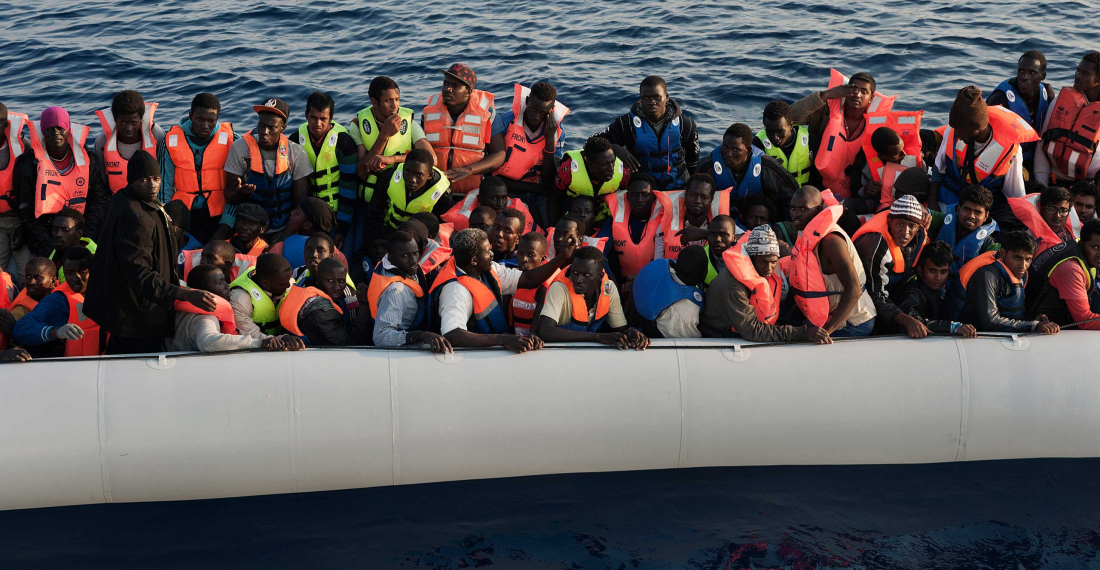Criminal networks take advantage of people's desperation, and this abuse often leads to loss of life. Migrant smugglers squeezing hundreds of people onto unseaworthy boats, resulted in a staggering humanitarian toll of over 28 000 people having drowned or missing in the Mediterranean Sea since 2014. The main beneficiaries are the criminals, the smuggling networks in countries of origin, transit and destination.
The current legislative framework is the Facilitators Package from 2002. Under the Facilitators Package, any person who intentionally assists the unauthorised entry, transit, or residence of a non-EU national into the EU, or, for financial gain, to reside there is to be sanctioned unless they are doing so for humanitarian reasons.
On Tuesday (28 November), the European Commission proposed new legislation to prevent and fight migrant smuggling. The Commission has also launched a Call to Action for a Global Alliance to Counter Migrant Smuggling, at an International Conference hosted this week in Brussels.
Launch of a Call to Action for a Global Alliance to Counter Migrant Smuggling
Migrants should be protected from being smuggled. The constantly changing business model of smugglers needs to be broken and transnational criminal networks should be dismantled through informed, decisive and coordinated actions of law enforcement and judiciaries. The Call to Action for a Global Alliance launched today is crucial for coming together on prevention, response and alternatives to irregular migration, including addressing the root causes of irregular migration and facilitating legal pathways.
The work on this Call to Action will be taken forward in a framework set up by the Commission, working closely and acting as a contact point for all global stakeholders. The Commission will convene technical Expert Groups with representatives from EU institutions, agencies, Member States, partner countries, international organisations and other stakeholders.
The Commission will ensure that the Global Alliance to Counter Migrant Smuggling will work at bilateral and multilateral level as well as through the work of the UNODC. Regular stocktaking at political level will be ensured, with the first event taking place in Copenhagen in the spring 2024. The Conference will be the first such opportunity to take stock of the achievements of the Global Alliance.
Migrant smuggling is a criminal activity that disrespects human life and the dignity of people in the pursuit of financial or other material benefits. Smuggling networks make substantial profits from their criminal activities, ranging between EUR 4.7 – 6 billion worldwide annually. The modi operandi of smuggling networks change rapidly, adapting to circumstances and responses by national authorities. This is why the Commission is increasing its efforts to tackle this crime at a global scale.







